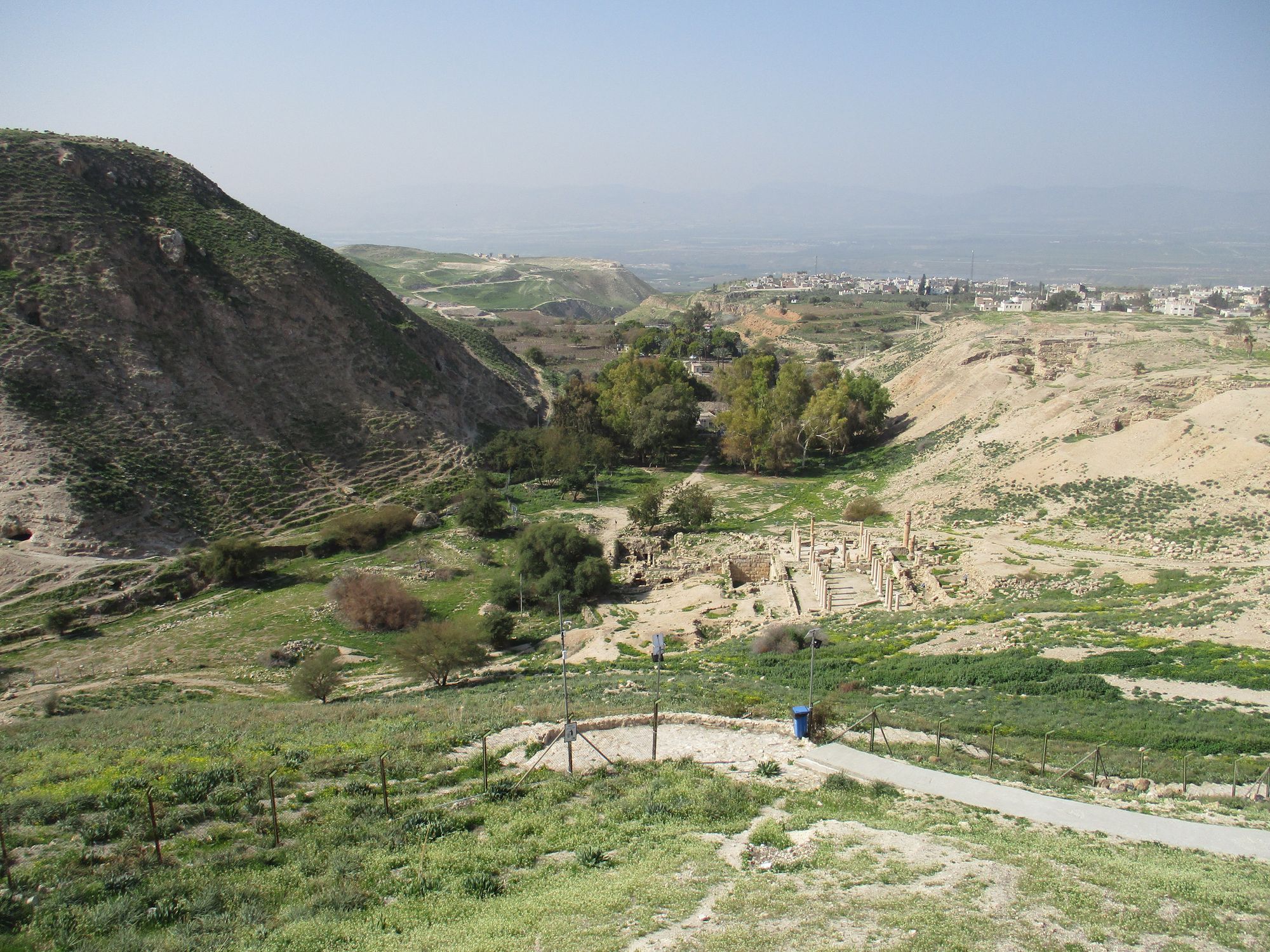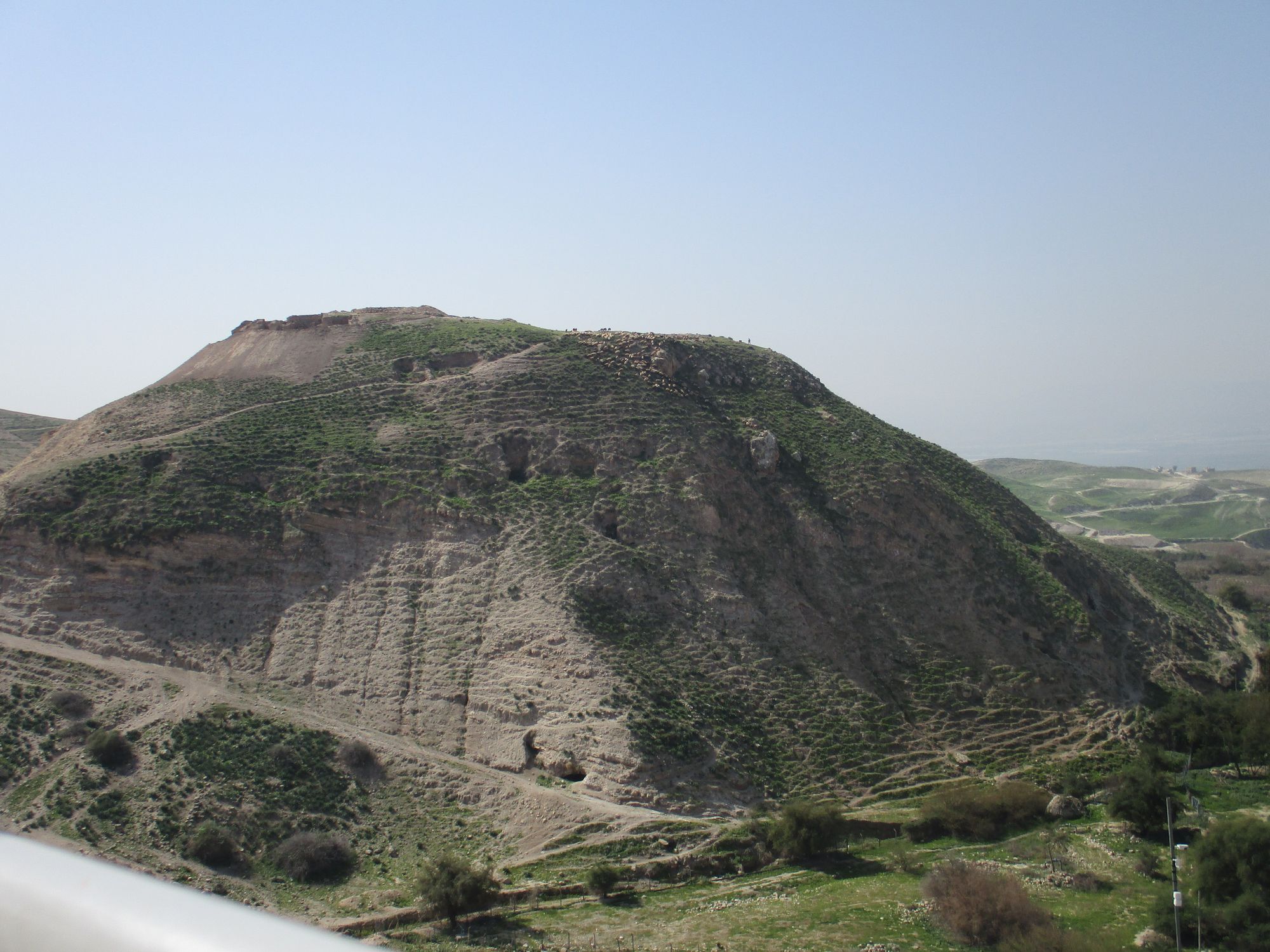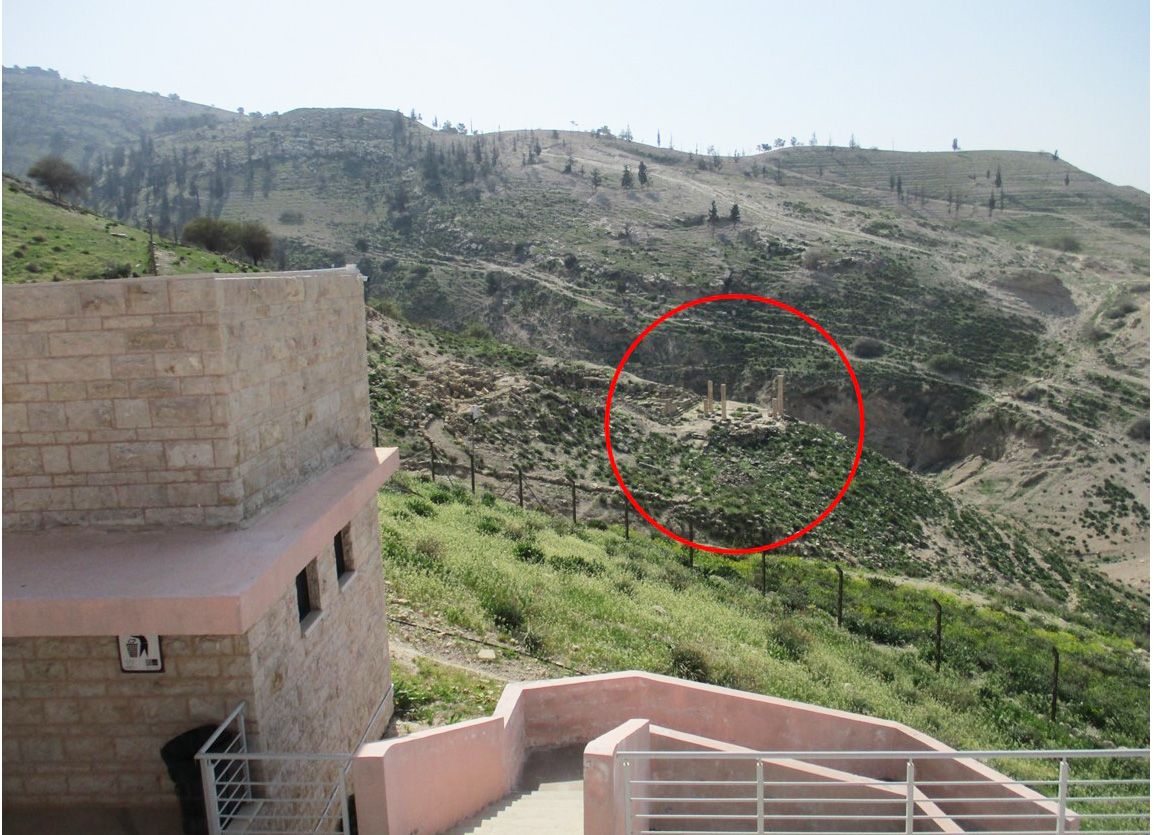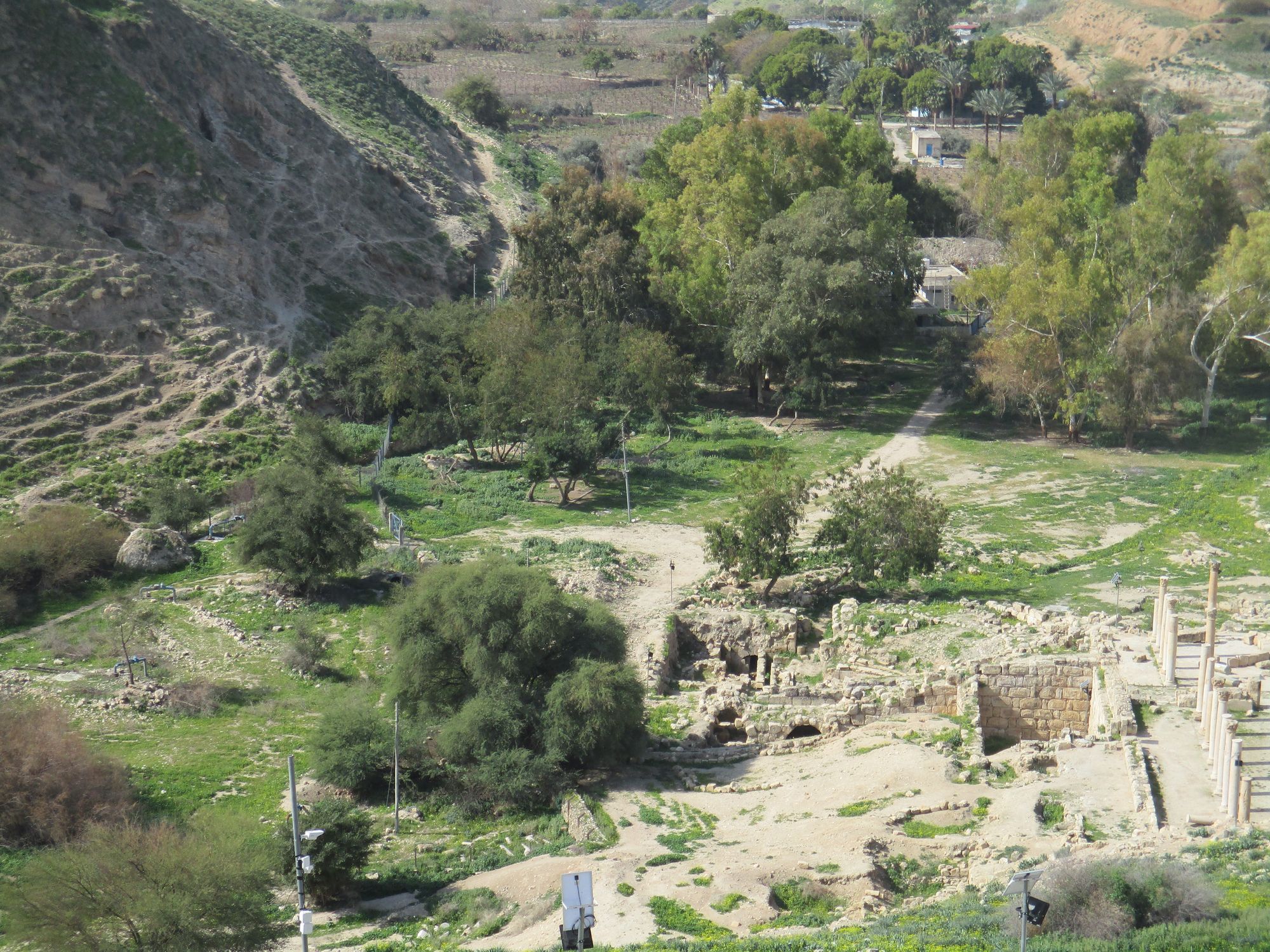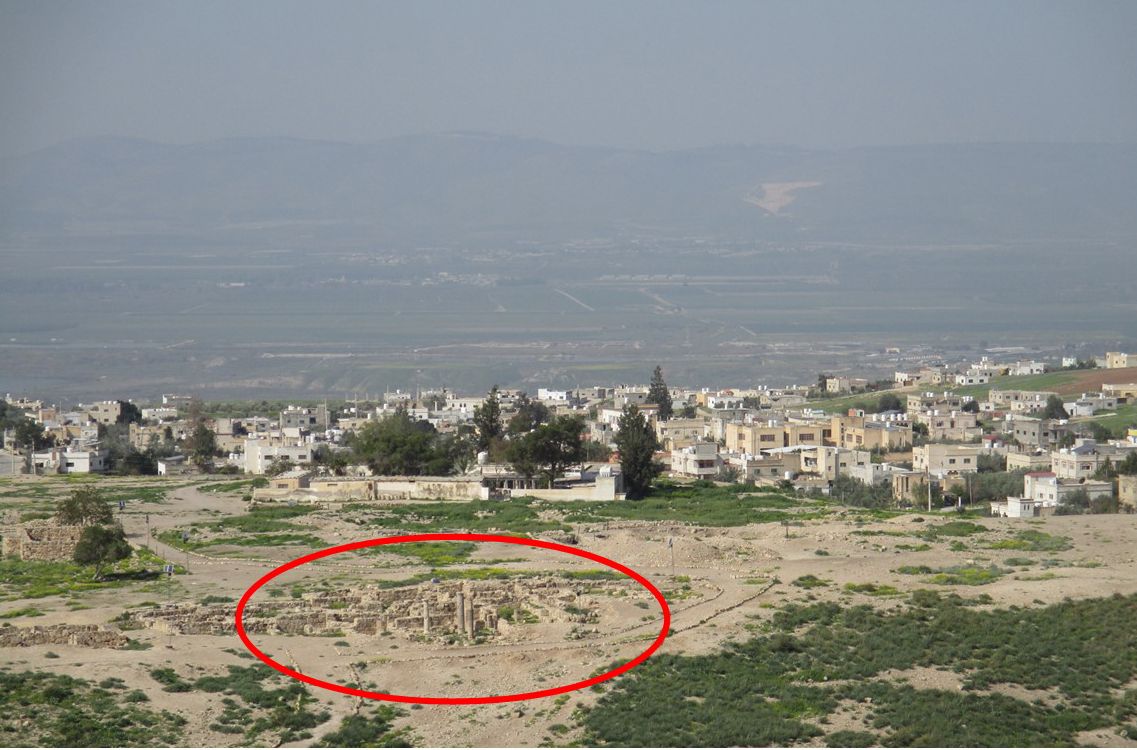Did First-century Christians flee to Pella - Part 2?
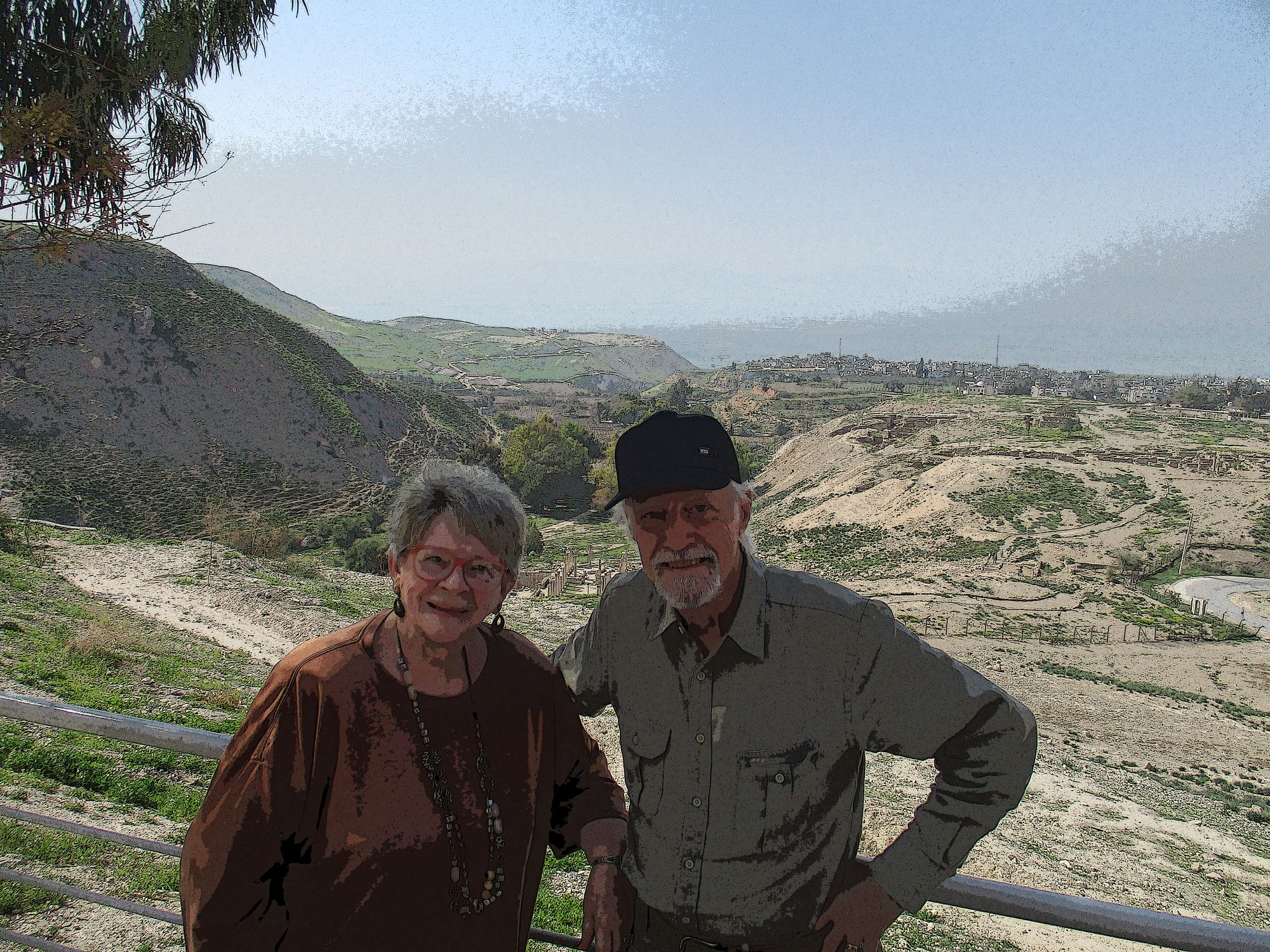
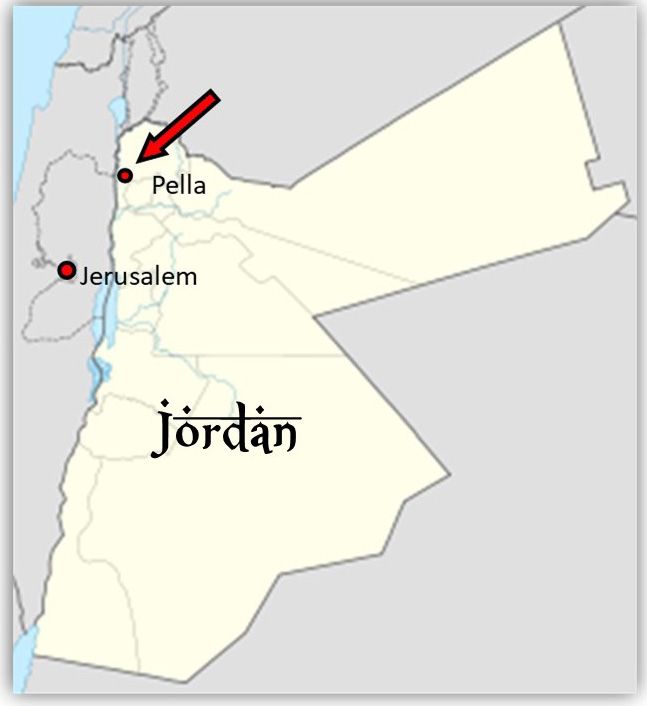
In 70 A.D. the destruction of Jerusalem was inevitable. Due to greed and manipulation, corruption permeated the land of Israel and its capital. Years before its demise, men stole the office of High Priest from the legitimate heir, and cronies held the offices of power for profit rather than for honorable service to God and His people.
The general population followed the will of their phony leadership rather than thinking and acting for what was right according to Torah. The court system styled itself after gain and self-preservation rather than justice and mercy. The innocent was judged guilty and the guilty set free. Dishonest men offered and received bribes for delivery of the package.
According to 2 Maccabees, chapter 4, the illegitimacy of the high priesthood shows the record as beginning when Jason, brother of the legitimate High Priest Onias, “obtained the office by corrupt means.” One of King Antiochus’ deputies named Andronicus lured Onias out of the temple and killed him. After this, the practice of obtaining the high priesthood through purchase from Rome continued until everyone was exiled.
Then it came. The legions of the Roman army fought their way to and surrounded Jerusalem for the kill. And kill they did, putting inhabitants to the sword. Thousands of people starved in the siege before it ended. Only a remnant of the nation survived. Rome expelled them from the city into exile.
Josephus, the Jewish commander who fought in the siege, tells us in The Jewish War Book VI, 9:3:
"Now the number of those that were carried captive, during this whole war, was collected to be ninety-seven thousand. As was the number of those that perished during the whole siege eleven hundred thousand [1.1 million]. The greater part of whom were indeed of the same nation [with the citizens of Jerusalem], but not belonging to the city itself. For they were come up from all the country to the feast of unleavened bread; and were on a sudden shut up by an army; which at the very first occasioned so great a straitness among them, that there came a pestilential destruction upon them; and soon afterward such a famine, as destroyed them more suddenly."
Why did so many perish rather than seek safety elsewhere? They ignored the signs and became willfully blind until it was too late.
Where were the prophets God promised to reveal the coming destruction? Oh, they came. Even the long-awaited Messiah appeared and warned them, but few listened.
Most were accustomed to the status quo and didn’t want to disturb it, but peace and safety vaporized quickly. Unexpectedly, the doors slammed shut, and there was no way out of the city.
Only a remnant was prophetically and situationally aware enough to escape. No doubt, they saw the obvious signs and heard the enemy’s approach. Believers in Yeshua remembered what He said about that day and took Him at His word. They left their comfortable homes, friends, and families to save their lives. They had their crisis early and fled.
Where and when did they go?
Yeshua told them. Not all His prophecy was fulfilled at that time; the rest is yet to come in the last days. He said in Matthew 24:15-16 (ESV): “So when you see the abomination of desolation spoken of by the prophet Daniel, standing in the holy place (let the reader understand), then let those who are in Judea flee to the mountains.”
Yeshua referenced Daniel 11 where the context is the Tribulation of the last days. The prophet discloses the places that will slip from the control of Antichrist’s hand in verse 41.
“He shall enter also into the glorious land [Israel], and many countries shall be overthrown: but these shall escape out of his hand, even Edom, and Moab, and the chief of the children of Ammon [today’s Jordan].” Daniel 11:41 (KJV)
Writing in the fourth century, Eusebius said,
“But the people of the church in Jerusalem had been commanded by a revelation [from God], vouchsafed to approved men there before the war, to leave the city and to dwell in a certain town of Perea called Pella.”[1]
Here is a list of Pella’s attractions for the refugees of Jerusalem and Judea:
· Yeshua instructed them to flee to the mountains when they saw Jerusalem surrounded by armies.
· The taller mountains were east of the Jordan River (today’s modern kingdom of Jordan).
· It was recently purged of Romans and Greeks, leaving empty homes and farmland available.
· It had an abundant fresh-water spring.
· It was more accessible during a lull in the fighting.
· It was away from the front line of the war.
Pella was not mentioned by name in the Bible as a place of safety, but before the temple was destroyed and in the time of need, its population was decimated and its homes vacant to receive refugees.
It lies in the modern country of Jordan, about three-and-a-half miles east of the Jordan River and seventeen miles south of the Sea of Galilee.
For a long time, Pella was a pagan, Roman-controlled city. But that changed.
We read in Josephus’ book, The Jewish War, Book II, Gessius Florus, recent procurator appointed by Nero, favored the Greek inhabitants of Caesarea Maritima by the Mediterranean over their Jewish neighbors. (Caesarea Philippi was a different city at the foot of Mt. Hermon in the north). His policies encouraged the Greeks to take action against the hated Jews, and one day in an hour’s time, they killed every son and daughter of Israel in the city—20,000 of them. Florus caught those who tried to flee and put them in the galley ships as slaves.
He committed many treacherous acts against the Jewish population, leaving Josephus to declare he was the primary cause of the first Jewish-Roman War.[2]
The enraged nation’s population divided themselves into fighting groups and laid waste the cities of the Decapolis and other towns across the land. They burned many to the ground after plundering them and slaughtering the inhabitants.
The Caesarea slaughter mentioned above spawned widespread retaliation, and Pella was one of the cities vengeance reached.
This purge left a sparsely inhabited area with empty homes that were quite inviting to fleeing Christians. The escaping Jews had three things in mind: safety away from the fray of the front line, arable land, and most importantly, water. Although the ancient spring is not flowing where it did at that time, today this region of the Jordan Valley grows an abundance of fruits, vegetables, and livestock. It is well watered.
During the coming Tribulation, will God provide a place of refuge for His people? We believe the Bible says yes. But Pella is not mentioned. What the Bible does call a place where Antichrist cannot come is located farther south in the ancient nations of Edom and Moab—today’s Jordan.
The prevailing theory about the end of days is before “the man of sin” is revealed and distress engulfs the earth, all believers in Yeshua/Jesus will be removed from earth in a pre-tribulation rapture. If the presumption is false, the consequences will be devastating.
Is there written instruction for believers concerning that time? Yes.
Is there a definitively named region of safety during the same period? Yes.
Who can take advantage of it? Anyone.
Are there cities accessible and developed to live in today? Yes. There are even Christians living there with deep roots in history.
There is the risk of being collateral damage during the Great Tribulation. Why?
My people are destroyed for lack of knowledge: because thou hast rejected knowledge, I will also reject thee, that thou shalt be no priest to me: seeing thou hast forgotten the law of thy God, I will also forget thy children. Hosea 4:6 (KJV)
The message of this verse reveals the truth about the attitude toward the “the forgotten law of thy God.” The priests, as well as the people, would not obey. They willfully forgot and chose not follow His instruction, so they were overtaken.
Now it is time for a revival of obedience. If we do not discipline ourselves, He will do it.
“The prudent see danger and take refuge, but the simple keep going and pay the penalty.” Proverbs 22:3 (NIV)
Revivals that once swept through our churches carried with them the result of people changing their lives from self-desire to what the Bible describes as righteous living. They prayed earnestly, made the Bible their study book for living, and turned from what they understood as sin.
Today, some colleges and universities in America are experiencing revival. Some ask if it is genuine. How can you tell? If there is a lasting effect on the worshipers, they will turn to God from sin and remain faithful.
Can this continue? Yes.
Could it be the start of the great end time revival hoped for in the end of days? Maybe.
If so, you can also look for a great falling away.
Israelites and a mixed multitude scattered throughout the world will again make an exodus to the promised land. We expect it to follow a similar pattern as the first time. The important call to action for us is to be ready. Trust and obey.
“Therefore, behold, the days are coming, declares the LORD, when it shall no longer be said, ‘As the LORD lives who brought up the people of Israel out of the land of Egypt,’ but ‘As the LORD lives who brought up the people of Israel out of the north country and out of all the countries where he had driven them.’ For I will bring them back to their own land that I gave to their fathers. Jeremiah 16:14-15 (ESV)
[1] The Last Siege of the Jews After the Ascension of Christ by fourth-century historian Eusebius, Book 5, verse 3.
[2] http://penelope.uchicago.edu/josephus/war-2.html. Accessed 5/22/2023
